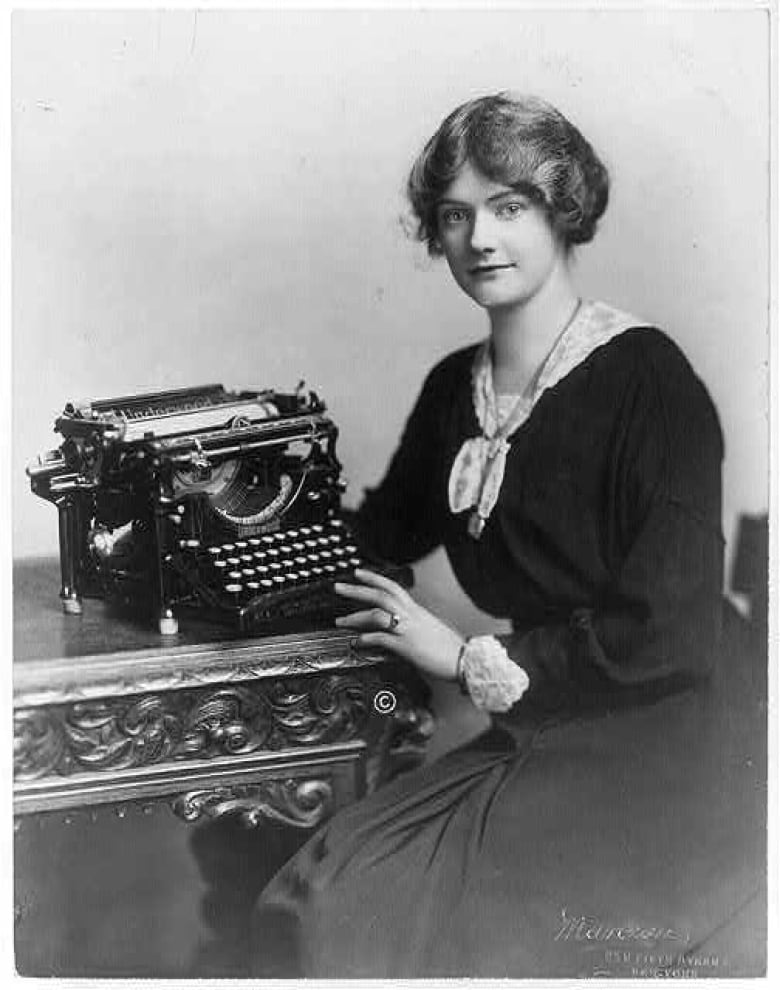It's time to ditch the traditional *#@&! keyboard!

by Adam Killick
When I was in high school, I used to like to type my assignments, even though my parents refused to let me take "typing" as a grade ten elective course. And yes, a course in "typing" used to be a real thing, taught on Commodore PET computers.
We didn't have a Commodore PET computer at home. Or a 64, or even a Vic-20.


On top of that, I sat at the dining room table, which wasn't the correct height, so I had to hunch forward, shoulders curled in, so I could peck at the keys because a) I couldn't touch-type, and b) I only had one finger on each hand strong enough to push the keys down.
It hurt. It was slow. I wasted a lot of dead trees, aspiring to be the next Leonard Cohen. And if I wasn't 16, I'm sure I would have done permanent damage to my back, wrists and neck. No wonder Hemingway killed himself, I used to think.
Fast forward a few decades, and I'm looking at the latest in office ergonomics. It's called the Altwork Station, and it looks like the result of a drunken tryst between a dentist's chair and a computer desk. It would make Herman Miller blush.

You can sit on it. You can stand on it. You can lie back so your feet are above your head, and your keyboard is perpendicular to the ground. It costs six grand, and is touted as the future of the healthy workspace.
We've come a long way since people pounded on cast-iron typewriters and "words-per-minute" was a meaningful line on a CV.
But if you look at the Altwork station, you'll see that one thing has not changed since the advent of the keyboard.
And that thing is the keyboard.
Yes, they're sleeker, but the ergonomics are still the same. Whatever the arrangement of individual keys, we're still hunched over, warping our wrists, craning our necks and arching our backs. That's what I'm, well, all bent out of shape about. (So all you Dvorak keyboard enthusiasts out there, settle down!)
And now, we're all typing on mobile phones, huddled up, our faces scrunched and our fingers curled, trying to tap on a square of pixels that's smaller than our fingertip itself.
Despite whatever advances there have been in desks, chairs, and screens, the basic way we input words into a machine remains the same.
What is this doing to human evolution? Will people a thousand years from now have rounded backs and tiny fingers? Will we look like a cross between the Hunchback of Notre Dame and a Tyrannosaurus Rex?
There's a word for when things keep the same legacy shape even when technology has surpassed the need for them to retain that shape.
That word is… well, I can't remember and my hands are too sore from typing this essay to look it up. So I'll call it what it is: creative obstruction.
So why not change, or eliminate, keyboards? Because if we can sit or stand however we want, even work upside down, why are we still tapping away on a design that hasn't changed since 1878?
I say it's time to ditch the legacy typewriter keyboard for something a little more ergonomic. Maybe, instead of coming up with a six-thousand dollar office chair, or a zen room, or an on-site beach volleyball court, maybe those designers could just change the actual keyboard, and find a better way to put words on our computers.
Imagine: No more carpal tunnel syndrome. No more hunched backs. No more sore shoulders, or repetitive strain.
And no more creative obstruction.
It's time to write in a different key.
Adam Killick is a producer at Spark.